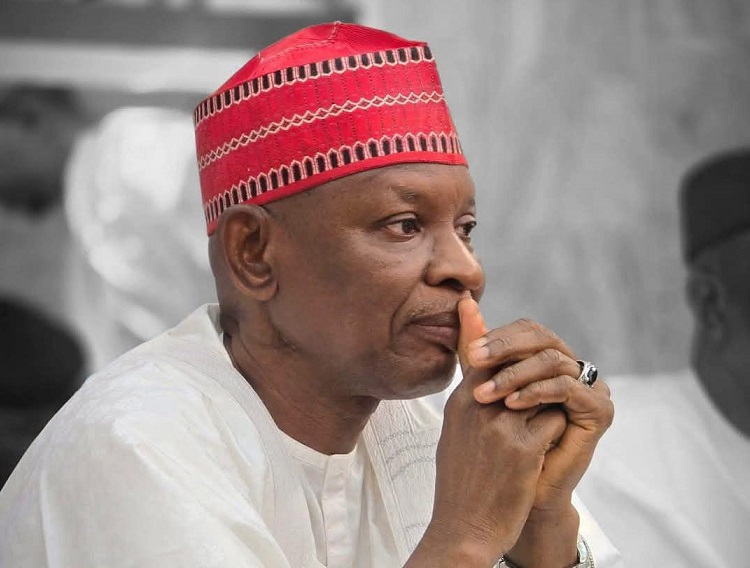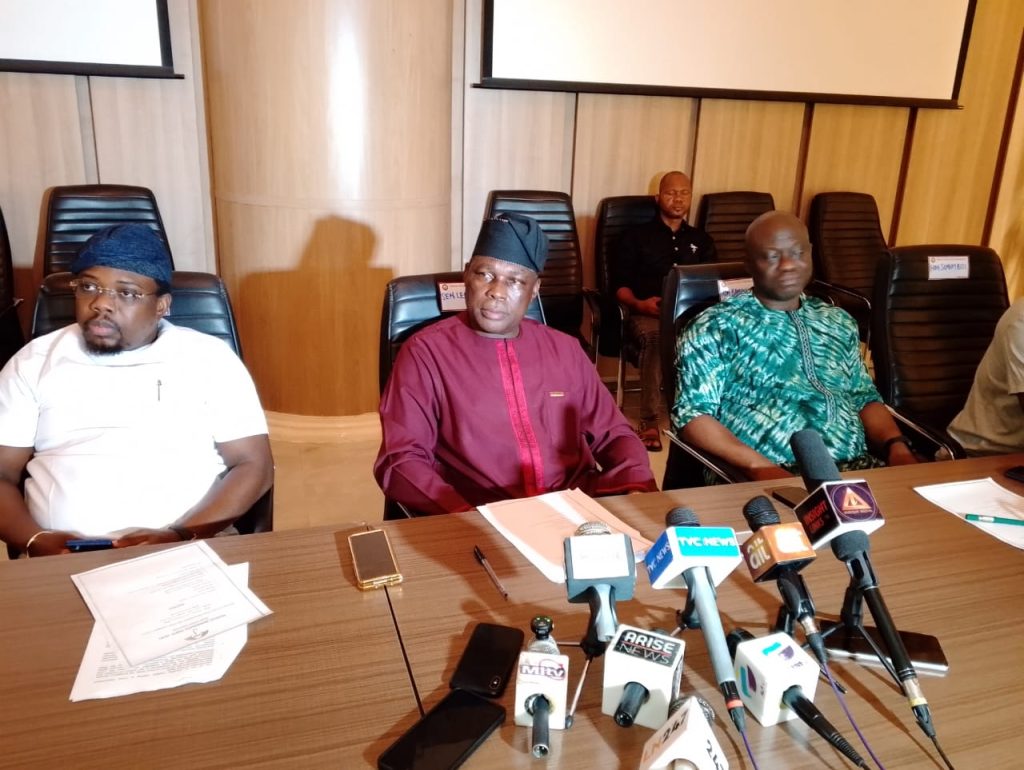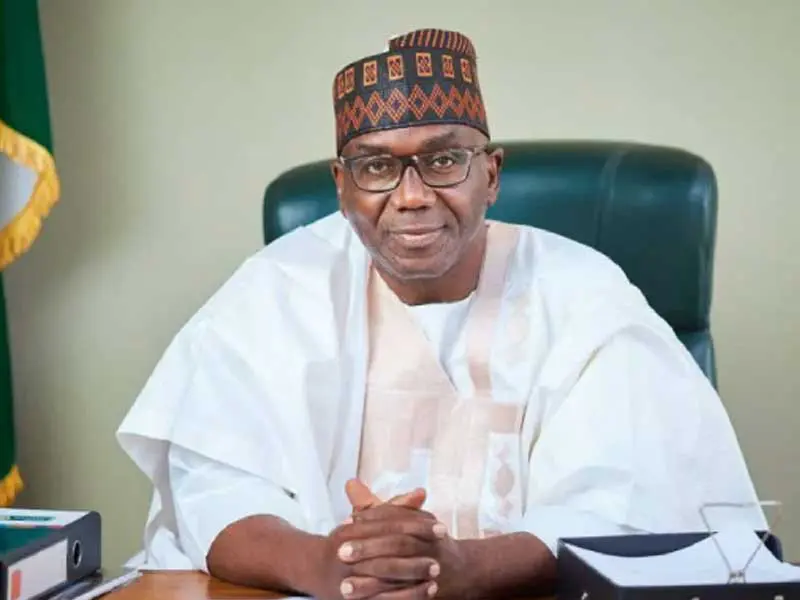U.S. President Donald Trump has advocated for pursuing a lasting resolution to the Ukraine conflict rather than accepting a temporary ceasefire, following high-stakes diplomatic efforts. A phone discussion between Trump and Ukrainian President Volodymyr Zelensky on Friday, held after U.S.-Russia talks in Alaska, was described as “not easy” by Axios reporter Barak Ravid, who cited an anonymous source with direct knowledge of the call. The hour-long conversation—joined later by European leaders for an additional 30 minutes—underscored growing momentum toward negotiations amid persistent tensions.
According to Ravid’s reporting, Trump was joined during the initial portion of the call by U.S. Secretary of State Marco Rubio and Special Envoy Steve Witkoff, both part of the American delegation in Alaska. Leaders from the U.K., France, Germany, Italy, Poland, Finland, NATO, and the European Commission subsequently participated, signaling widespread international engagement. While Ravid did not specify the source of friction during the discussion, he noted Trump’s insistence that “a fast peace deal is better than a ceasefire.” The president later echoed this stance publicly, stating on social media that all parties agreed a “Peace Agreement” was preferable to a temporary truce, which he characterized as fragile.
Zelensky confirmed plans to meet Trump in Washington on Monday to further discuss outcomes from the Alaska summit, where U.S. and Russian delegations reportedly made progress toward de-escalation. Kyiv and its Western allies have long sought a ceasefire to halt Russia’s military advances, though Moscow has criticized such proposals as potentially enabling Ukraine to regroup with foreign weapons and reinforcements. Russian officials have argued that a pause could undermine their battlefield momentum, which has intensified in recent months.
Both Trump and Russian President Vladimir Putin praised the Alaska talks as constructive, with the U.S. leader asserting that the discussions advanced conflict resolution efforts. Trump also urged Zelensky to “make a deal,” a remark analysts interpret as pressure for Ukraine to accelerate diplomatic concessions. The call’s inclusion of European leaders reflects attempts to align international positions, though divergent priorities among stakeholders remain a hurdle.
As fighting continues along the front lines, the push for a comprehensive agreement highlights the strategic stakes for all sides. Ukraine faces the challenge of balancing territorial integrity concerns with the urgency to halt casualties, while Russia seeks guarantees tied to its security demands. The upcoming Washington meeting between Trump and Zelensky is expected to address these complexities, though the path to a durable settlement remains fraught with geopolitical and logistical challenges.



